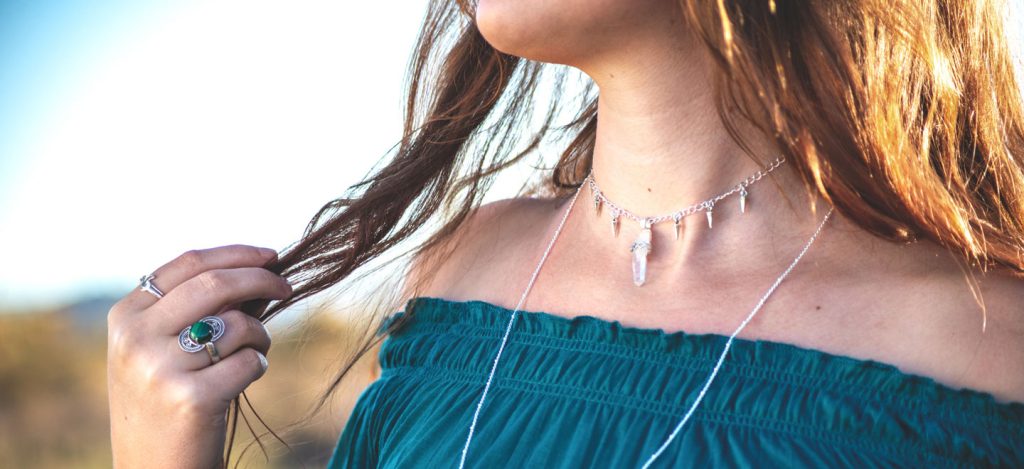Ethical jewelry refers to jewelry that is produced and sourced in a socially and environmentally responsible manner, considering the well-being of people, animals, and the planet throughout the entire supply chain. This involves ethical practices in mining or sourcing materials, manufacturing processes, and fair treatment of workers. Here’s everything you need to know about ethical jewelry:
- Ethical Sourcing of Materials:
- Gemstones and Metals: Ethical jewelry often prioritizes responsibly sourced gemstones and metals. This can include using recycled gold or platinum, as well as ethically mined gemstones that adhere to fair labor and environmental standards.
- Conflict-Free Diamonds:
- Many ethical jewelry brands focus on using conflict-free diamonds, meaning the diamonds are not associated with funding conflict or human rights abuses. Look for diamonds that comply with the Kimberley Process, an international certification scheme aimed at preventing the trade of conflict diamonds.
- Fair Trade Practices:
- Ethical jewelry supports fair trade practices, ensuring that workers involved in the production process receive fair wages, have safe working conditions, and are treated with respect and dignity. This includes everyone from miners to artisans and workers in manufacturing facilities.
- Recycled Materials:
- Using recycled materials, such as recycled gold or silver, reduces the environmental impact of mining. Many ethical jewelry brands emphasize the use of recycled metals to minimize the demand for newly mined resources.
- Transparent Supply Chain:
- Ethical jewelry brands are often transparent about their supply chain. They provide information about the origins of their materials, the manufacturing process, and the conditions under which their jewelry is produced. Transparency allows consumers to make informed decisions.
- Environmental Sustainability:
- Ethical jewelry takes environmental sustainability into account. This can involve using eco-friendly materials, reducing carbon emissions in production, and implementing practices that minimize the overall ecological footprint of the jewelry.
- Artisanal and Handcrafted:
- Ethical jewelry may involve artisanal craftsmanship, supporting skilled artisans and preserving traditional jewelry-making techniques. Handcrafted pieces often have a unique quality and a lower environmental impact compared to mass-produced items.
- Certifications and Standards:
- Look for certifications and standards that indicate ethical practices, such as Fairtrade Gold, Responsible Jewellery Council (RJC) certification, or other recognized sustainability certifications in the jewelry industry.
- Corporate Social Responsibility (CSR):
- Ethical jewelry brands often embrace corporate social responsibility by giving back to communities, supporting local initiatives, or contributing to environmental causes. They may engage in philanthropy to create a positive impact beyond their business operations.
- Lab-Grown Diamonds:
- Some ethical jewelry brands focus on using lab-grown diamonds, which are created in a controlled environment without the environmental and ethical concerns associated with traditional diamond mining.
- Education and Awareness:
- Ethical jewelry brands often prioritize educating consumers about the impact of their purchases. This includes raising awareness about ethical and sustainable practices in the jewelry industry and empowering consumers to make conscious choices.
By choosing ethical jewelry, consumers can contribute to a more sustainable and responsible jewelry industry that respects both the people involved in production and the environment. It’s essential to research and support brands that align with your values and prioritize ethical and sustainable practices.

